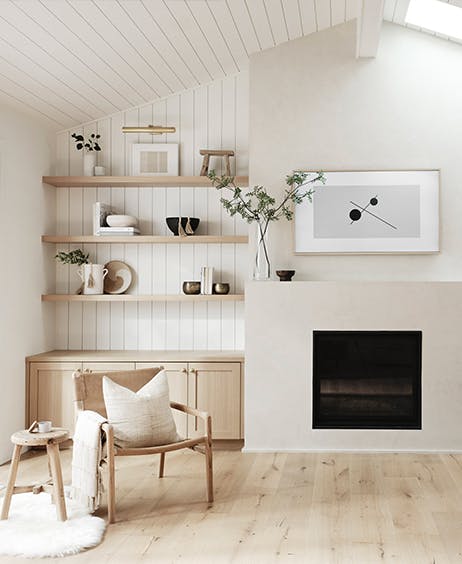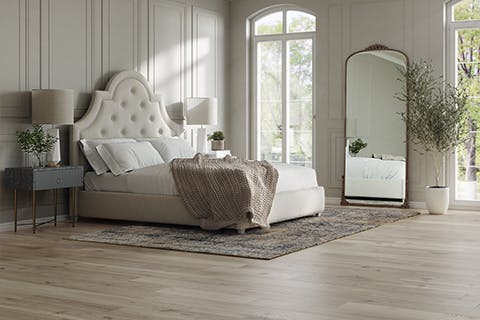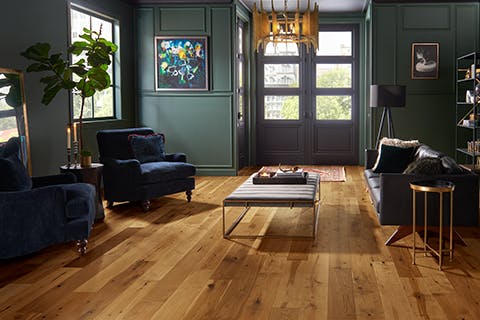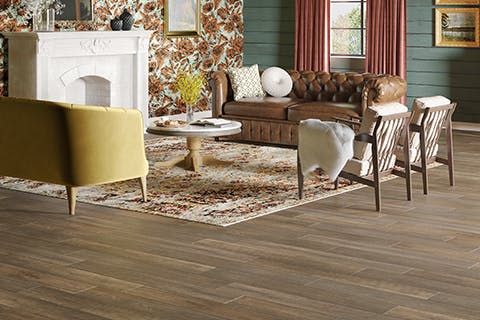Your Guide to Restorative Design
- Flooring
- Design
- Trends
- Decorating
Your home should be a place that helps you feel centered and at peace. With all the stress we face in our day-to-day lives, wouldn’t it be nice to walk in your door and enter an environment that puts you at ease? Restorative design aims to do this by helping you create a calming sanctuary.
What is Restorative Design?
Restorative design is a style of decor that puts the mind, body, and soul first by focusing on biophilic influences and sustainability. An easy, peaceful style of home decor, Restorative design creates a sense of tranquility by establishing a connection to the outdoors. Even when the weather is cold and gray, having those natural connections indoors can go a long way in helping you feel refreshed and energized.
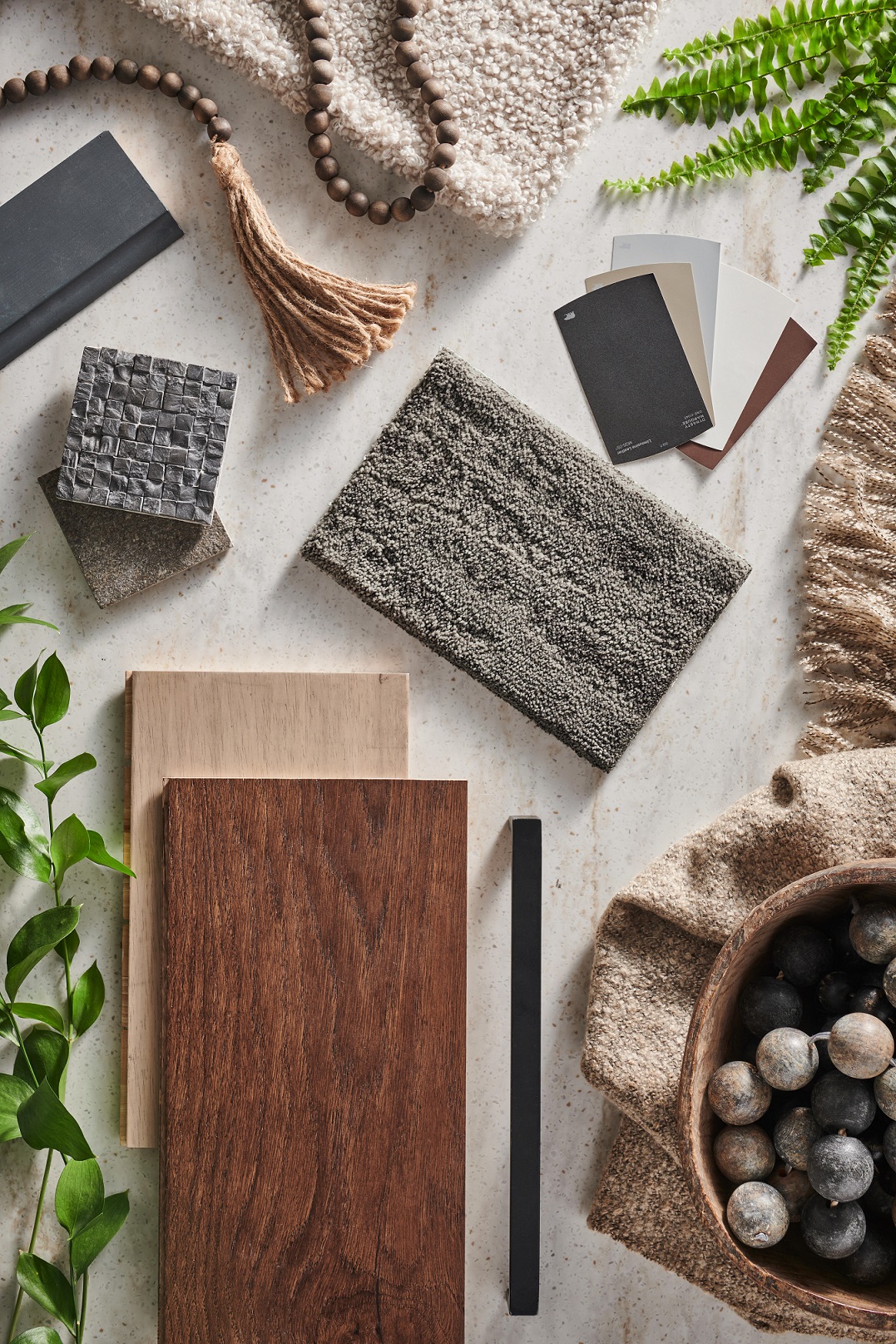
What Colors to Use in Restorative Design
As a style with roots in nature, organic colors drive Restorative design. Grounded neutrals like taupes, beiges, and browns are stapes of this style and allow other natural hues, like aquatic blues and sage greens, to shine.
Types of Flooring in Restorative Design
Flooring with a Restorative interior should be understated and natural. For wood visuals, look for European White Oak, maple, and hickory with minimal distressing and light or mid-tone caramelized finishes. Natural stone visuals like concrete, slate, and limestone are also great options. When looking for rugs, keep an eye out for rugs made with natural fibers, understated neutral colors, and interesting textures.
Here are a few Mannington floors that will complement Restorative design perfectly:
Our new Japanese Maple Restoration Collection® laminate floor, called Harmony, will create a peaceful and harmonious environment with its smooth surface and consistent graining for a clean, timeless look.
Momentum is a timeless hardwood floor that looks great in any color, from natural and muted tones that give your space a raw organic look to popular, mid-tone browns and organic honey tones.
Prospect Park is beautiful white oak hardwood floor inspired by the Pre-war architecture of 1920's New York City and features subtle muted colors combined with multiple stain layers, elegant wire brushing, and a premium sliced hardwood face.

Heirloom features the authenticity and refined rustic qualities reminiscent of a reclaimed antique. This stunning European White Oak hardwood has a deep wire brushed texture combined with a patina of natural cracks and knotholes.
Chateau is a European White Oak hardwood that features a super low gloss finish with a hand-scraped and hand-planed surface, creating an organic, natural raw wood look that is both classic and popular.
How to Accessorize Restorative Design
Restorative design is very earthy, making organic fabrics and natural materials are ideal for this style. Try adding some hand-crafted, artisanal quality accents.
Imperfection is perfect for Restorative design. Embrace the look of raw wood and natural finishes that let the natural beauty of wood stand out.
Greenery is a natural fit in homes with Restorative design, whether it’s live plants, artificial plants, or artwork with images of greenery.
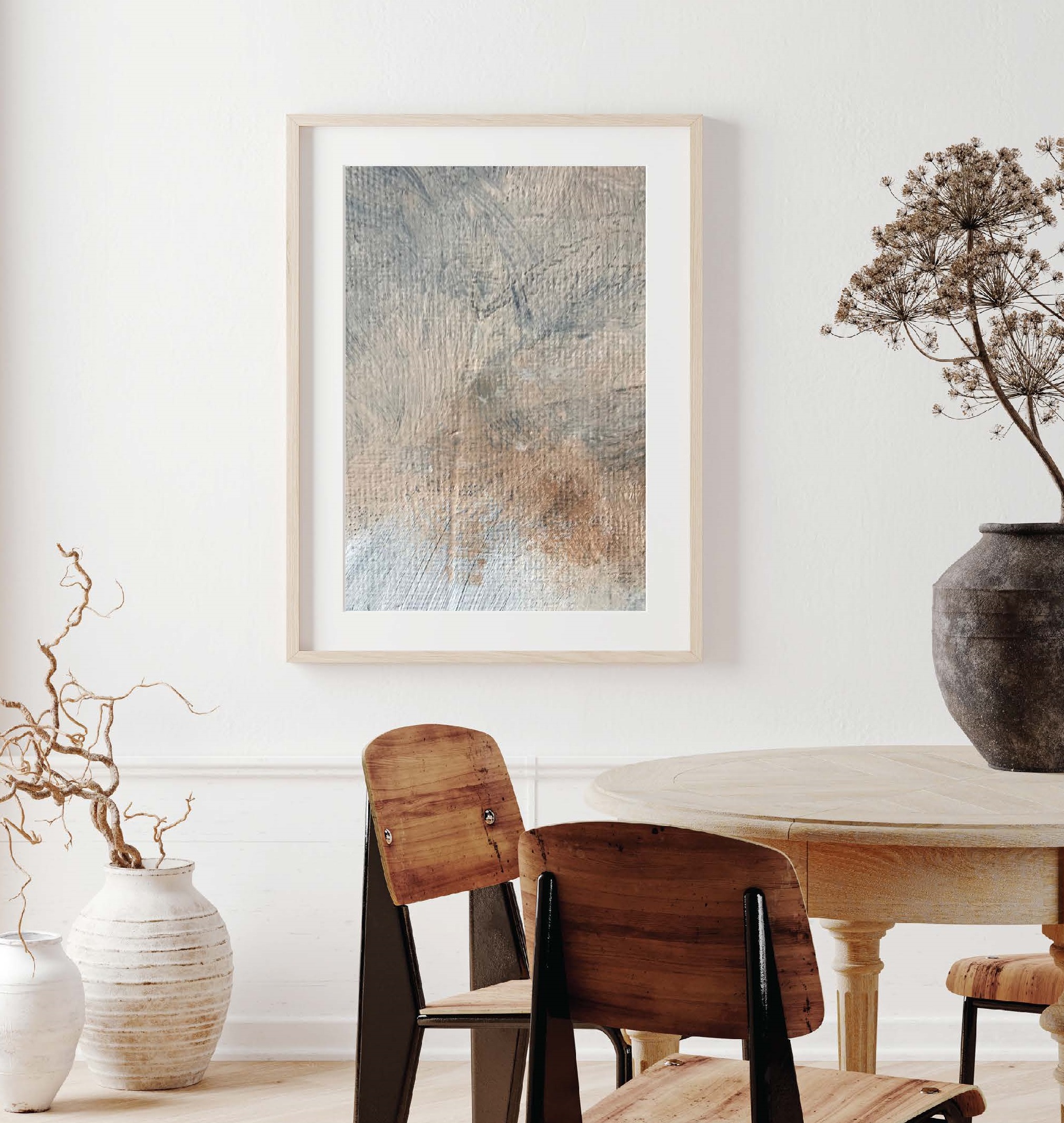
Style of Furniture in Restorative Design
Less is more with Restorative design. Minimalist furniture styles look beautiful and help add to the calming atmosphere. Look for pieces with neutral colors and clean, simple designs. With the emphasis on simplicity and minimalism, be sure to include storage options that will keep clutter hidden from view.
Love the idea of bringing this style to your home? Locate a Mannington dealer near you to find flooring that will capture this relaxing style.
Other Posts You May Love
Hello, how can we help you?
